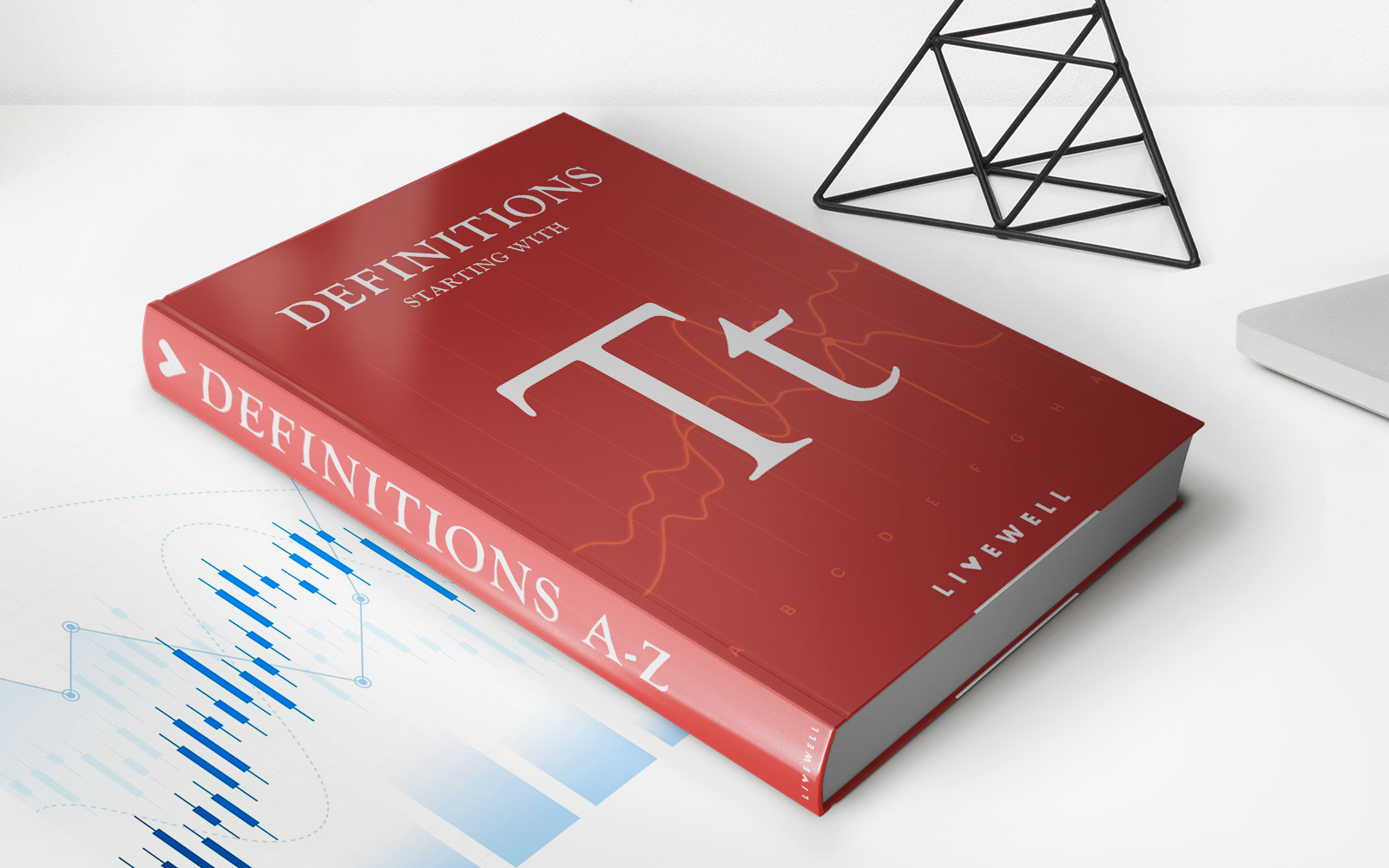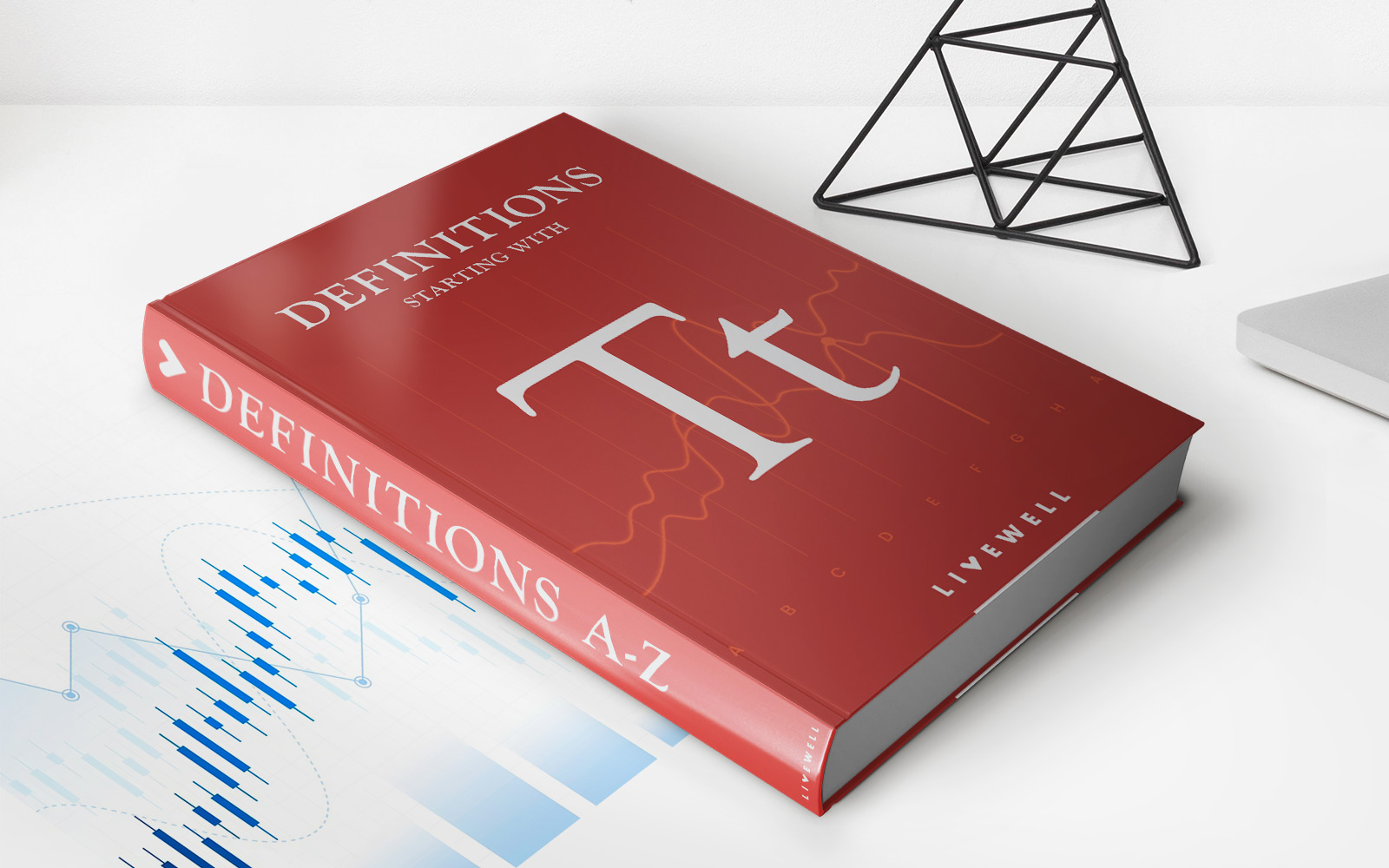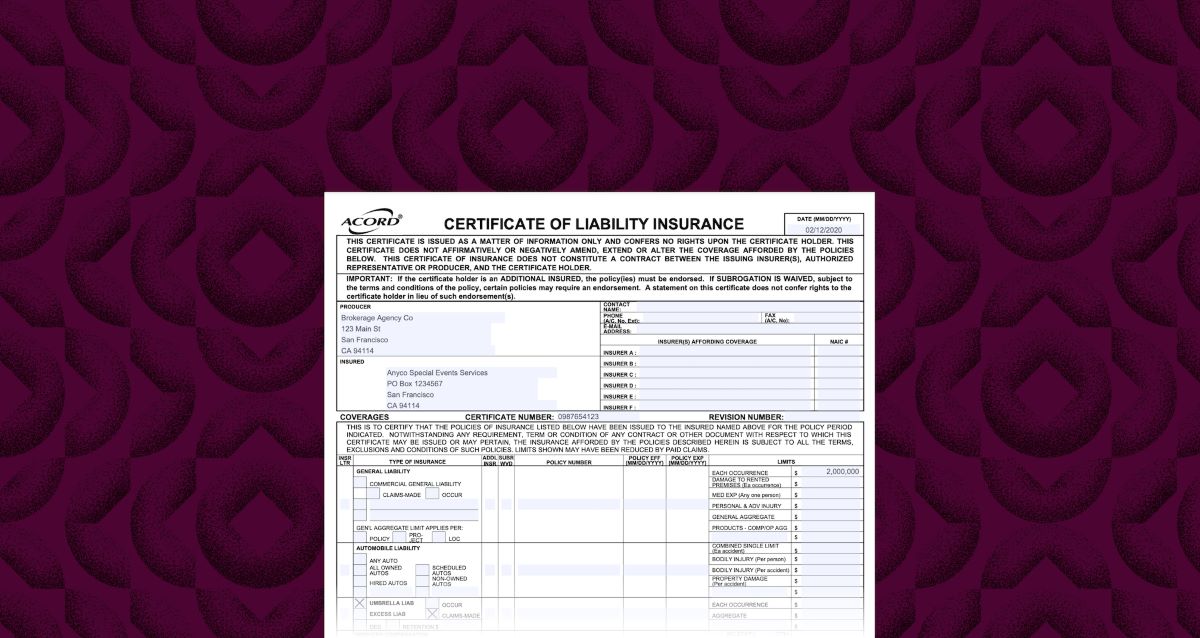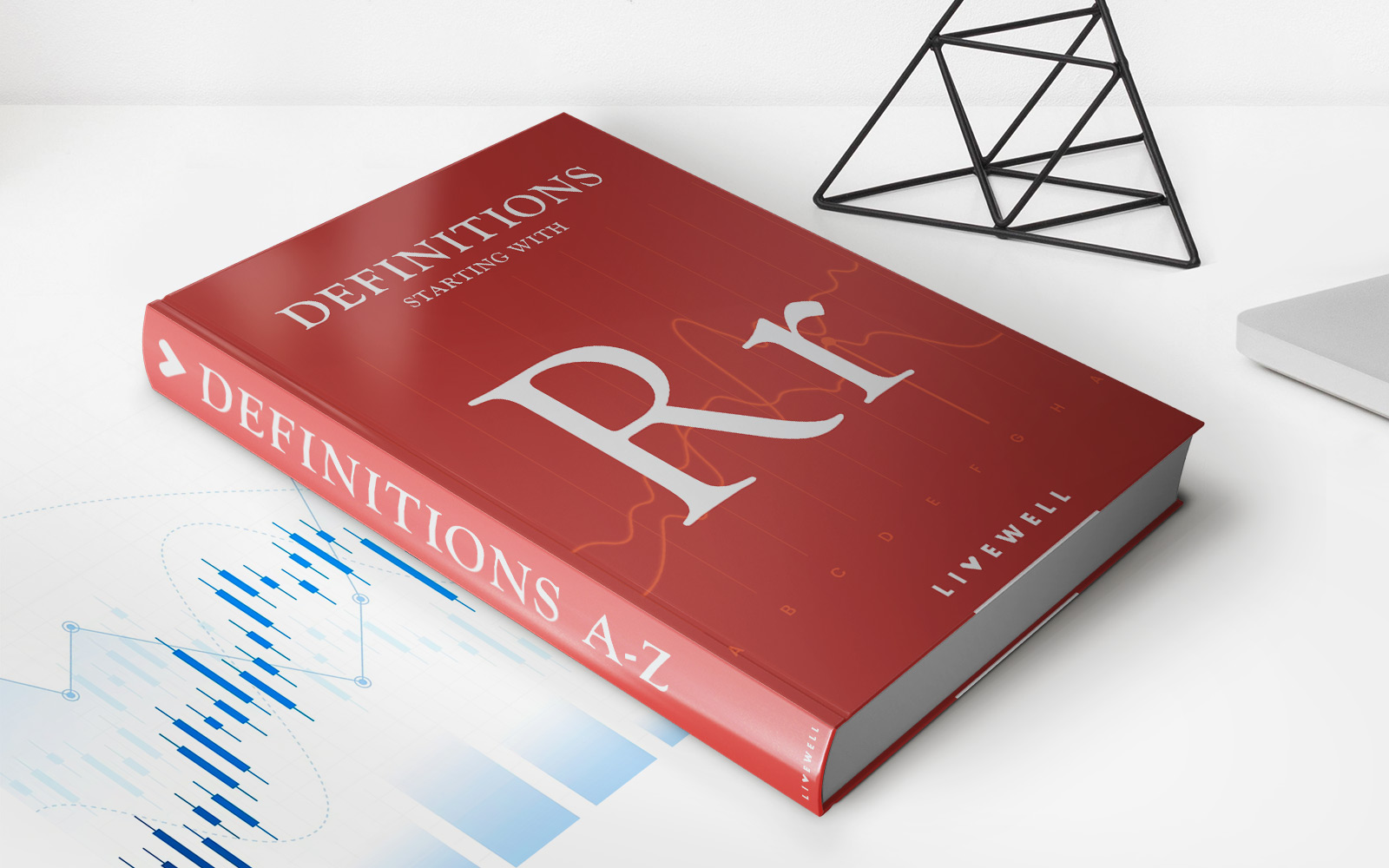Home>Finance>Certificate Of Origin (CO): Definition, Types, And How To Get One


Finance
Certificate Of Origin (CO): Definition, Types, And How To Get One
Published: October 25, 2023
Learn about the importance of certificate of origin in FINANCE. Discover the definition, types, and how to obtain one for your business.
(Many of the links in this article redirect to a specific reviewed product. Your purchase of these products through affiliate links helps to generate commission for LiveWell, at no extra cost. Learn more)
Unlocking the World of Certificate of Origin (CO): Definition, Types, and How to Get One
When it comes to international trade, understanding the necessary documentation is vital to ensuring a smooth and successful transaction. One crucial document that plays a significant role in international commerce is the Certificate of Origin (CO). In this article, we will dive deep into what a Certificate of Origin is, the different types available, and the process of obtaining one. So, let’s embark on a journey to unravel the complexities of COs and equip ourselves with the knowledge to navigate the world of international finance.
Key Takeaways:
- A Certificate of Origin (CO) is an essential document in international trade that certifies the origin of goods.
- There are various types of COs, including non-preferential and preferential, depending on the trade agreement or purpose.
What is a Certificate of Origin (CO)?
Let’s start with the basics. A Certificate of Origin is an official document that certifies and verifies the country or region where the goods being exported or imported originate from. It provides vital information about the origin of the products, such as the manufacturing location, components used, and the criteria met to qualify for preferential treatment under trade agreements.
In simpler terms, a CO is a proof of the source of goods, ensuring transparency in international trade and facilitating customs procedures. It helps regulate trade, protect local industries, and comply with trade agreement requirements.
Types of Certificate of Origin
Now that we understand the importance of COs let’s take a closer look at the different types available:
- Non-Preferential certificate: This type of CO is used for general imports or exports and does not involve any preferential trade agreement. It primarily states the country of origin and basic information about the goods.
- Preferential certificate: Preferential COs come into play when there is a trade agreement or preferential treatment between countries. It signifies that the goods meet the specific rules of origin outlined in the agreement, making them eligible for reduced tariffs or other benefits.
It’s crucial to note that the type of CO required depends on the nature of the transaction and the trade agreements in place between the countries involved.
How to Obtain a Certificate of Origin
The process of obtaining a Certificate of Origin may vary depending on the country and specific requirements. However, here are the general steps involved:
- Research: First, gather all the necessary information regarding your goods, including their origin, manufacturing process, and components used. This will help determine which type of CO you need.
- Visit a Chamber of Commerce: Contact your local Chamber of Commerce or relevant authority to inquire about the CO application process. They will provide guidance on the required documents and fees.
- Complete the Application: Fill out the CO application form accurately, providing all the necessary details about the goods, their origin, and any applicable trade agreement.
- Submit Supporting Documents: Attach any supporting documents required, such as invoices, packing lists, and bills of lading or airway bills.
- Paying Fees: Pay the required fees for the CO application and processing. The fee structure may vary depending on the country and Chamber of Commerce.
- Verification: After submitting the application, the authority will review the documents for accuracy and compliance. They may request additional information if needed.
- Issuance of CO: Once approved, the Certificate of Origin will be issued, either electronically or in hard copy, depending on the regulations of the issuing authority.
- Usage and Authentication: Present the CO to the customs authorities at the destination country for verification and clearance of the goods.
Remember, it’s essential to familiarize yourself with the specific requirements and procedures of the country you are exporting to or importing from, as they may have unique regulations.
In Conclusion
The Certificate of Origin is a crucial document in international trade that certifies the origin of goods. Understanding its definition, types, and the process of obtaining one is essential for anyone involved in the world of international finance. By having a clear understanding of COs, you can ensure compliance with trade regulations, access preferential treatment, and ultimately facilitate seamless international transactions.
So, the next time you engage in cross-border trade, equip yourself with the necessary knowledge of Certificate of Origin and navigate the intricate world of international commerce with confidence.














